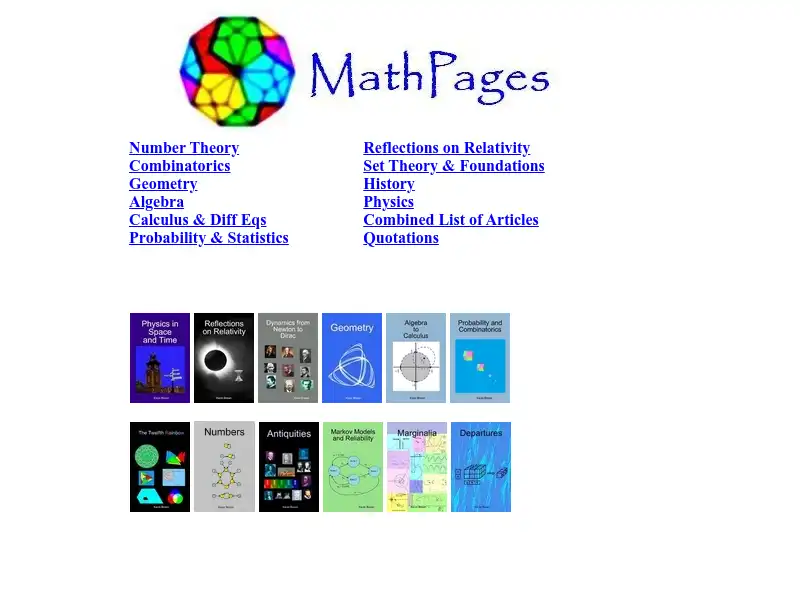

Math Pages addresses most advanced mathematics topics. They include combinatorics, probability and statistics, number theory, geometry, calculus and differential equations, and of course, the history of mathematics.
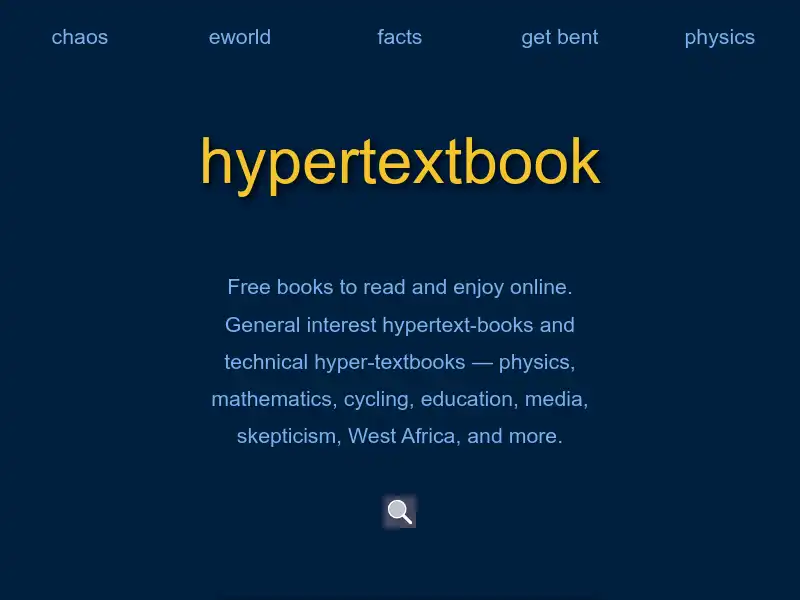
Free books to read and enjoy online. General interest hypertext-books and technical hyper-textbooks — physics, mathematics, and more.
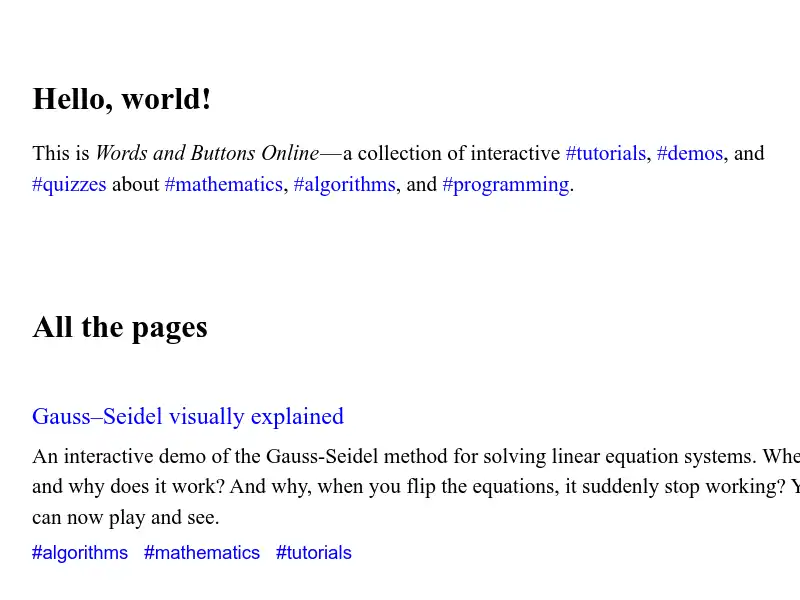
Words and Buttons Online is a collection of interactive tutorials, demos, and quizzes about mathematics, algorithms, and programming.
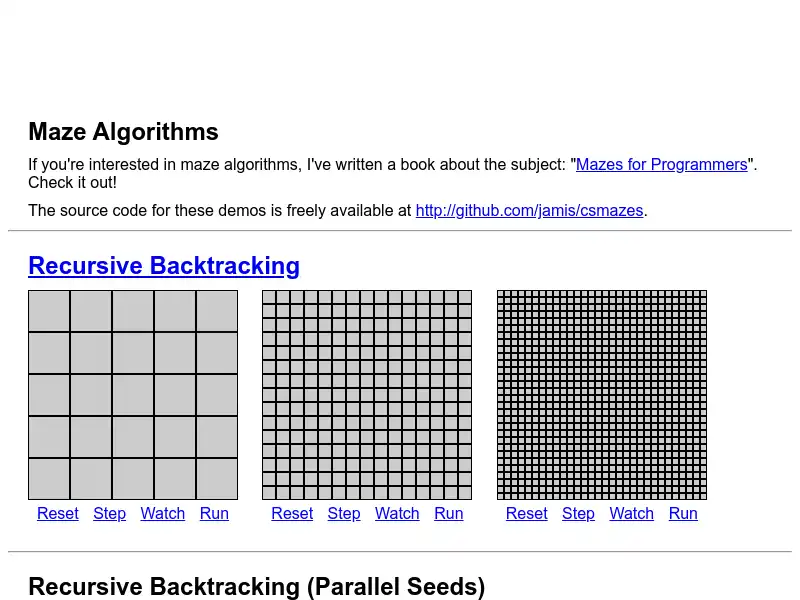
Maze Algorithms will show you how to write programs to generate, draw and solve mazes. Learn a dozen different algorithms, from the Binary Tree algorithm, to Eller's, each with different strengths and weaknesses.
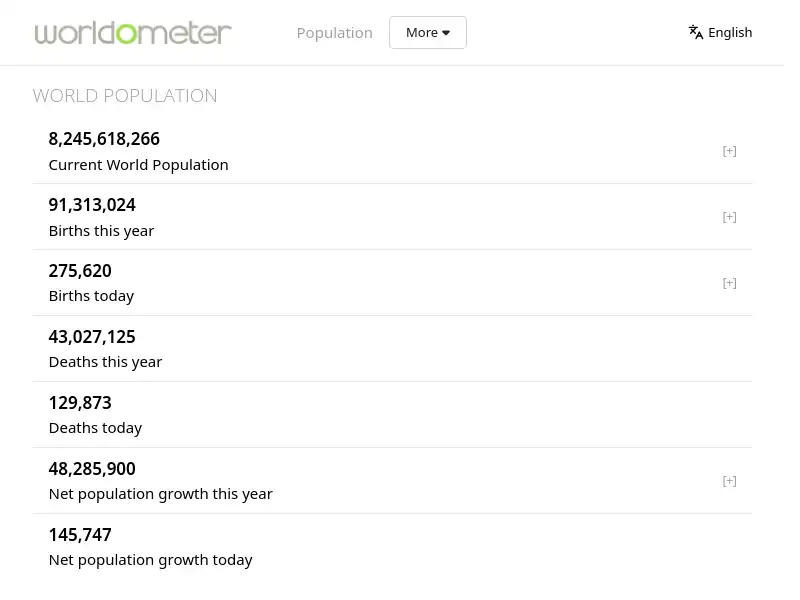
Worldometer is run by an international team of developers, researchers, and volunteers with the goal of making world statistics available in a thought-provoking and time relevant format to a wide audience around the world.
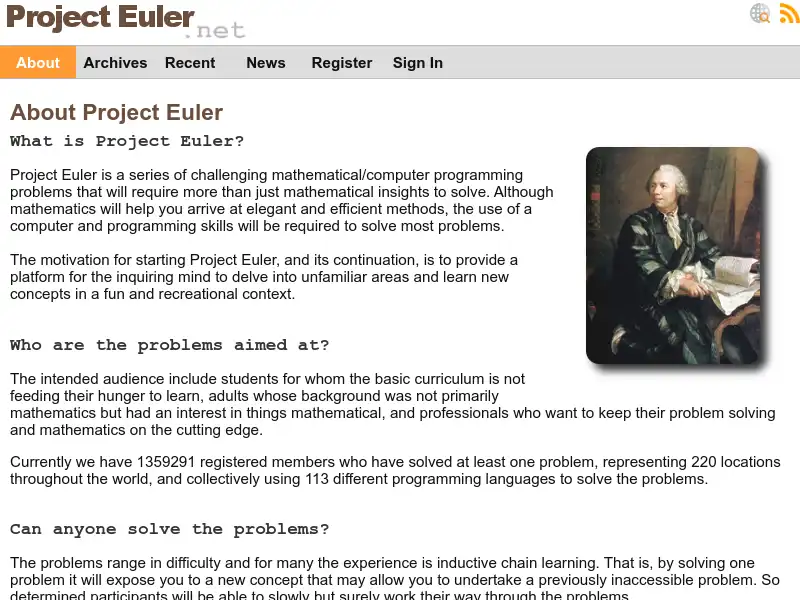
Project Euler is a series of challenging mathematical/computer programming problems that will require more than just mathematical insights to solve. Although mathematics will help you arrive at elegant and efficient methods, the use of a computer and programming skills will be required to solve most problems.
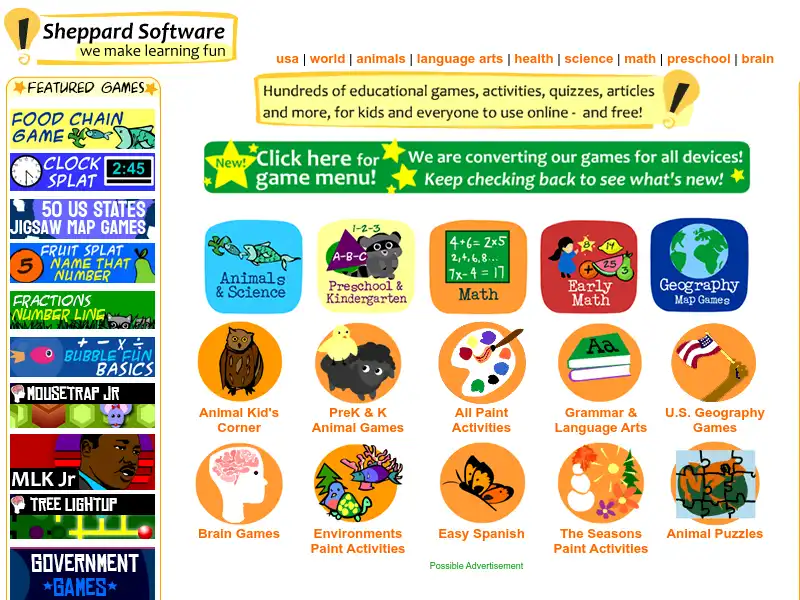
Hundreds of fun educational games and activities for kids to play online. Topics include math, geography, animals, science and more.
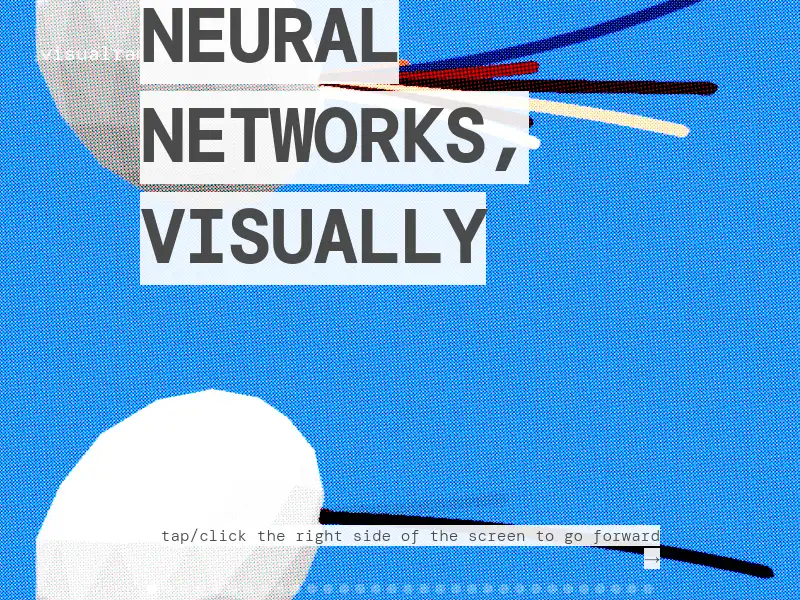
I’ve always been curious about how AI works. But with the constant news and updates, I often feel overwhelmed trying to keep up with it all. So I decided to go back to the basics and start learning from the beginning, with neural networks.
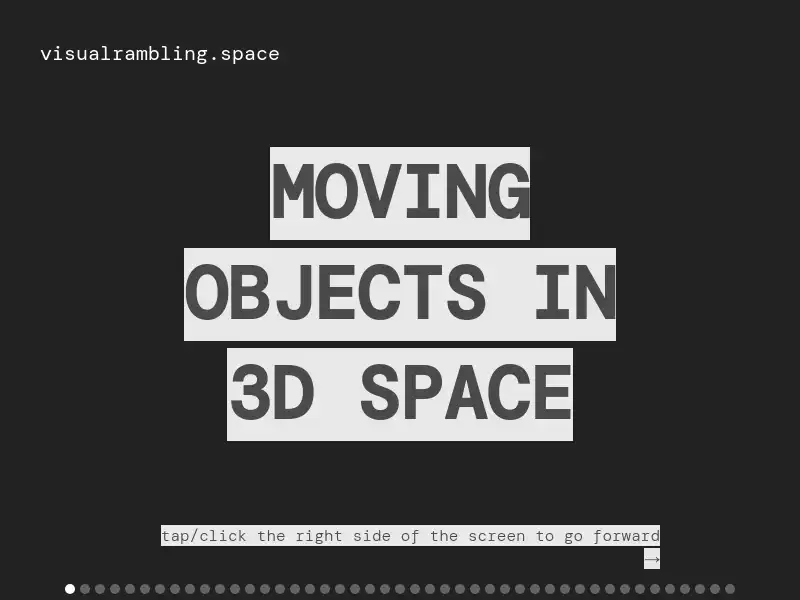
I was wondering how I can arrange objects along a spherical helix path, and read some articles on it. I ended up learning about parametric equations again, and make this visualization to document what I learned.
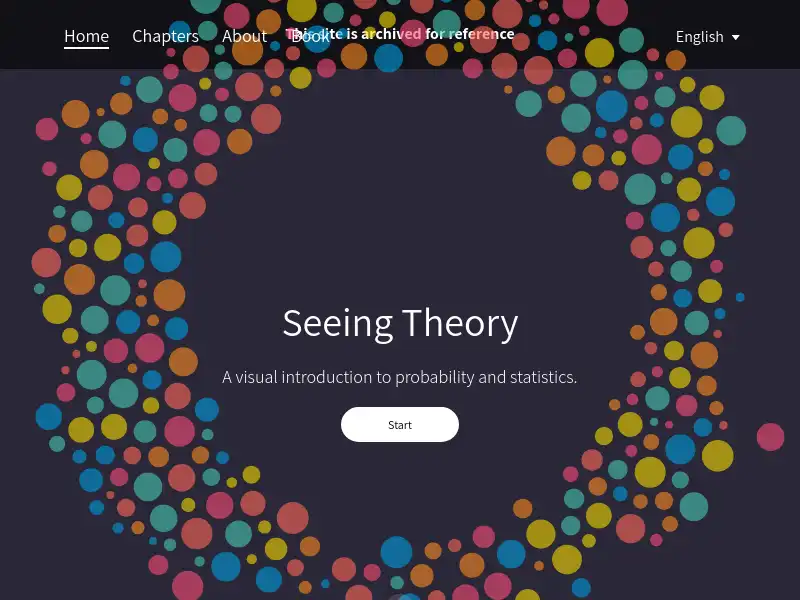
Seeing Theory was created by Daniel Kunin while an undergraduate at Brown University. The goal of this website is to make statistics more accessible through interactive visualizations.